


113 Posts

January 23, 2018
Cancer vaccines do exist, but don't expect the impossibleSince the first vaccine for smallpox was developed by English physician Edward Jenner in 1796, vaccines have prevented a variety of devastating maladies and saved millions of lives. The World Health Organization lists 26 available vaccines—for diseases from cholera to yellow fever—and another two dozen are in development for illnesses like malaria and the Zika virus. Not on the list of diseases targeted by current or potential vaccines: cancer. In fact, despite advances in medicine, and in cancer treatment in particular, one unfortunate scientific reality is that a universal vaccine to prevent cancer will likely never be developed.

January 18, 2018
Medical technology from space isn't science fiction anymoreScience fiction storylines that have played out on TV and movie screens have helped to shape some tools and technologies that have become positively commonplace today.

December 14, 2017
What's the difference? Cutting through the cancer confusionLearning the language of cancer can be difficult. For many patients and caregivers, it’s a jumbled mix of Immuno-this and onco-that.

November 28, 2017
With women drinking more alcohol, experts worry about the effect on cancer riskResearch has found that alcohol's negative effects harm women more than men, which is especially worrisome considering other trends that show women today are drinking more than ever.
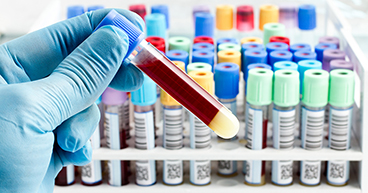
October 10, 2017
A simple blood test may help provide a clearer picture of a patient’s cancerA simple blood test called a liquid biopsy offers another tool that may give doctors a more complete profile of solid tumors.
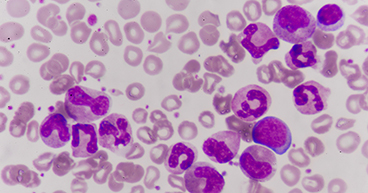
September 5, 2017
New leukemia treatment marks shift in helping the body to fight cancerResearchers have figured out a new way to empower some T-cells, by re-engineering them with an extra gene designed to allow them to identify and attack specific cancer cells.
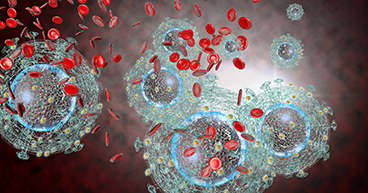
August 31, 2017
How can a virus cause cancer?When you hear "virus," you may think of minor, temporary illnesses, like the cold or 24-hour flu. But some viruses are also linked to certain kinds of cancer. Read more.
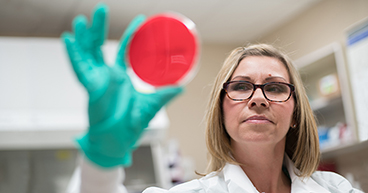
August 24, 2017
Researchers attacking cancers with combinations of drugs and therapiesDoctors and researchers are trying to prevent relapses and drug resistance by using combination drug therapies designed to attack cancer cells on multiple levels.
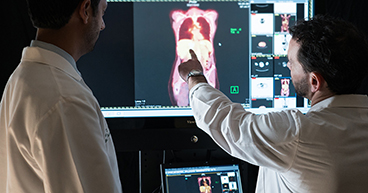
July 20, 2017
Evolving cancer treatments may offer smarter, more precise solutionsAs scientists and oncology specialists learn more about cancer cell behavior, they have developed a new generation of tools designed to counteract those mechanisms.
Guidelines
The information contained in this blog is not intended nor implied to be a substitute for professional medical advice. Always seek the advice of your physician or other qualified health provider prior to starting any new treatment or with any questions you may have regarding a medical condition. Nothing contained in the blog is intended to be used for medical diagnosis or treatment of any illness, condition or disease.